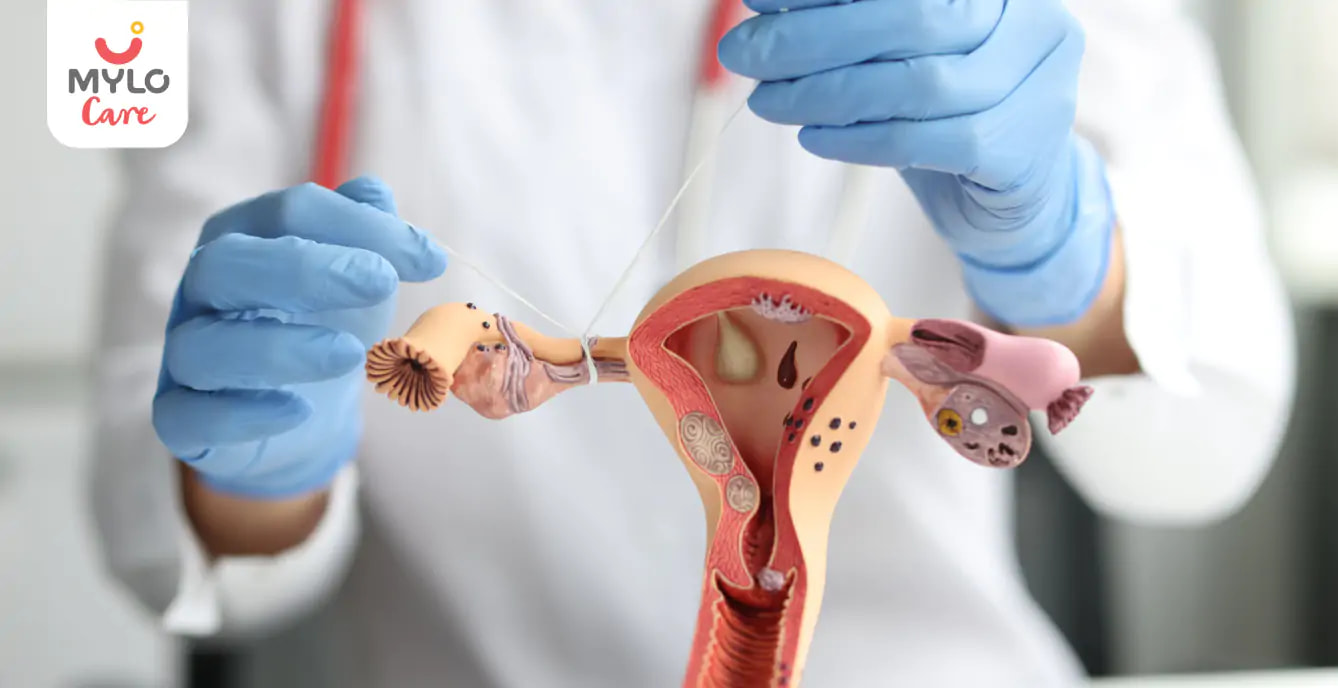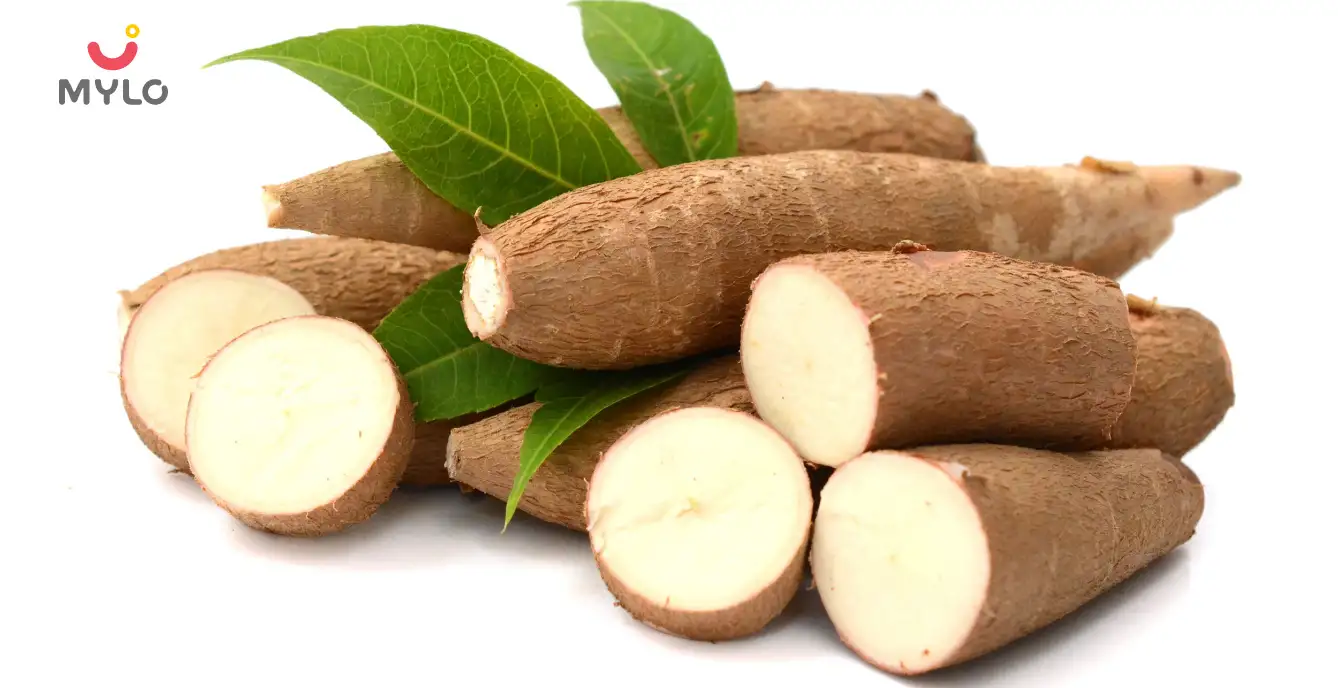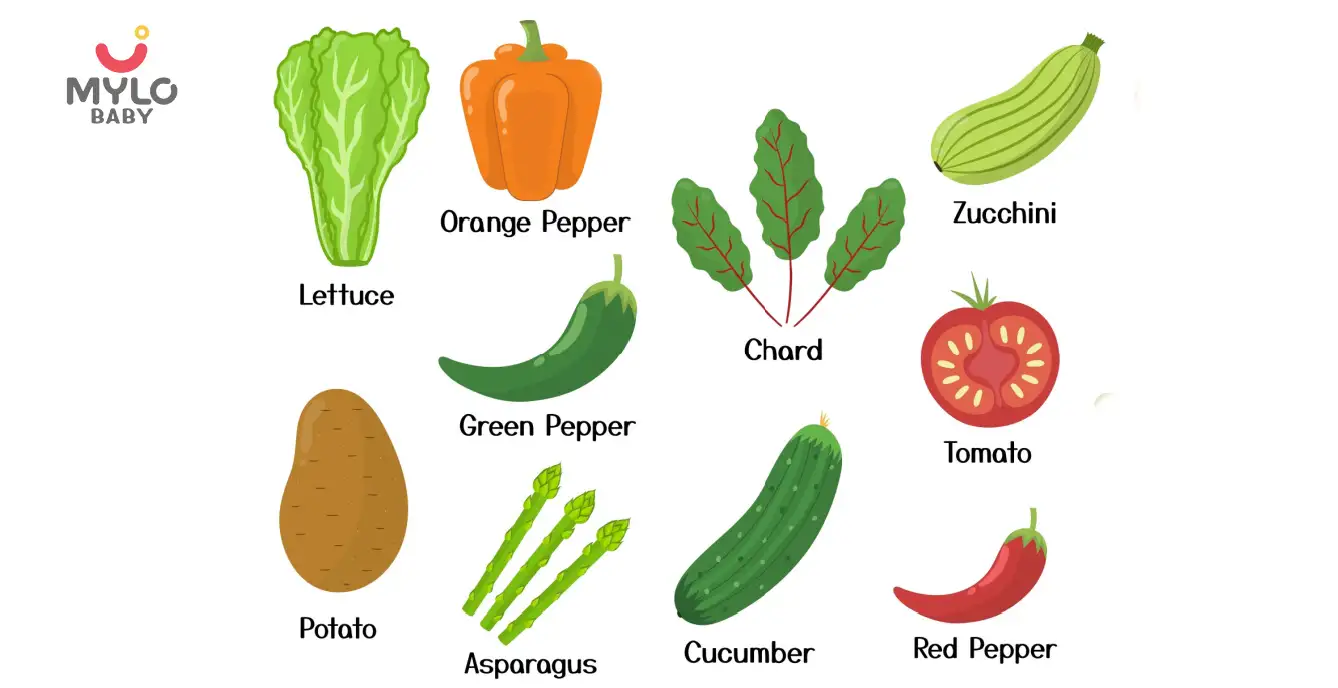Home

Fertility Problems

Blocked Fallopian Tubes: How They Affect Your Chances of Conceiving
In this Article

Fertility Problems
Blocked Fallopian Tubes: How They Affect Your Chances of Conceiving
Updated on 12 February 2024



Medically Reviewed by
Dr. Shruti Tanwar
C-section & gynae problems - MBBS| MS (OBS & Gynae)
View Profile

The desire to grow your family and bring a child into the world is one that fills you with hope and happiness. But the path to pregnancy may not be as easy for everyone. One of the leading roadblocks a woman may encounter in her journey to motherhood is blocked fallopian tubes.
The fallopian tubes are responsible for carrying the egg from the ovaries to the uterus, and if they are blocked, the egg cannot reach the uterus, preventing fertilization. In this article, we will discuss the symptoms of blocked fallopian tubes, causes, diagnosis, and fallopian tube blockage treatment, along with answering some frequently asked questions about this condition.
What are Blocked Fallopian Tubes?
The fallopian tubes are a pair of thin tubes that connect the ovaries to the uterus. These tubes play a crucial role in the reproductive system by carrying the egg from the ovaries to the uterus, where it can be fertilized by sperm. When one or both of the tubes are blocked, the egg cannot travel to the uterus, making it difficult for a woman to conceive.
Causes of blocked fallopian tubes include infections, scar tissue, and endometriosis. In some cases, the cause may be unknown.
Symptoms of Blocked Fallopian Tubes
A blockage in the fallopian tubes may not have any apparent symptoms, but some women may experience the following signs:
- Pain in the pelvis or belly, which may happen regularly
- Pain during sexual intercourse
- Unusual vaginal discharge
- Infertility (inability to conceive)
In the case of hydrosalpinx, when the fallopian tube fills with fluid, a woman may also experience abdominal pain and unusual vaginal discharge. It's important to note that some symptoms of blocked fallopian tubes may also be caused by other conditions such as pelvic inflammatory disease or endometriosis.
Causes of Blocked Fallopian Tubes
Blocked fallopian tubes can be caused by a variety of factors, including:
1. Pelvic Inflammatory Disease (PID)
PID is a bacterial infection that affects the uterus, fallopian tubes, or ovaries. It can cause inflammation that leads to the blockage of the fallopian tubes.
2. Endometriosis
Endometriosis occurs when the tissue that lines the uterus grows outside of it. This can cause scarring that leads to blockage in the fallopian tubes.
3. Previous Surgeries
Surgeries such as an abdominal surgery, cesarean section or surgery to remove an ectopic pregnancy can cause scarring that leads to blockages in the fallopian tubes.
4. Ectopic Pregnancy
An ectopic pregnancy occurs when a fertilized egg implants outside of the uterus, often in the fallopian tubes. This can cause damage or blockages in the tubes.
5. Hydrosalpinx
This condition causes fluid to accumulate in the fallopian tubes, which can lead to swelling and blockages. This blockage can make it difficult for a woman to conceive naturally.
How Blocked Fallopian Tubes Affect Fertility?
When the fallopian tubes are blocked, the egg cannot travel from the ovaries to the uterus, making it difficult for fertilization to occur. Even if fertilization does occur, the embryo may not be able to reach the uterus, resulting in an ectopic pregnancy. In some cases, the blockage may also prevent sperm from reaching the egg, further reducing the chances of conception.
Diagnosis of Blocked Fallopian Tubes
There are several tests that can be used to diagnose a blockage in the fallopian tubes. These tests include a hysterosalpingogram (HSG), which uses dye and X-rays to check for blockages, and a laparoscopy, which allows a doctor to see the fallopian tubes directly and check for blockages.
Laparoscopy for Blocked Fallopian Tubes
Laparoscopy is a surgical procedure that can be used to diagnose and treat blocked fallopian tubes. During the procedure, a small camera is inserted into the abdomen, allowing the doctor to see the fallopian tubes and other organs. If a blockage is found, it can often be removed during the same procedure.
Success Rates and Outcomes of Laparoscopy
The success rate of laparoscopy for fallopian tube blockage treatment will depend on the cause and severity of the blockage. In some cases, the blockage may be successfully removed during the procedure, allowing for natural conception. In other cases, IVF may still be necessary.
How to Open Blocked Fallopian Tubes- Herbs and Home Remedies
Blocked fallopian tubes can hinder natural conception, and while natural treatments to unblock tubes are common, there is no scientific evidence to support their success. However, some natural remedies that may have anti-inflammatory agents and health benefits include:
1. Lodhra
Lodhra is often recommended in Ayurvedic treatment to unblock fallopian tubes and boost fertility. It also helps in regulating hormones and promoting ovulation, making it effective in treating PCOS and improving fertility.
2. Shatavari
Besides using Shatavari for PCOS, it can also be used as a tonic for reproductive health and can be beneficial in treating female infertility caused by tubal blockages. It is known to cure inflammation in the reproductive organs.
3. Phala Ghrita
Phala Ghrita is one of the herbs that can help unblock blocked fallopian tubes and treat female infertility caused by tubal blockage.
4. Turmeric
Turmeric contains curcumin, which has strong antioxidant, antimicrobial, and anti-inflammatory properties, which could potentially help reduce inflammation in the tubes.
5. Vitamin C
Vitamin C is believed to help improve fertility by reducing inflammation in the body. This in turn can help unblock the fallopian tubes.
6. Dong Quai
This herb is popular in traditional Chinese medicine and helps to increase circulation throughout the reproductive and lymphatic systems. It is believed to help regulate menstrual cycles and improve fertility.
7. Vaginal steaming
This practice involves sitting over a pot of steaming herbs and is believed to help improve fertility by increasing blood flow to the reproductive organs.
8. Fertility massage
This type of massage focuses on the reproductive organs and is believed to help improve blood flow to the uterus and ovaries, potentially helping to unblock fallopian tubes.
It's essential to note that while some natural remedies may have health benefits, there is no scientific proof to prove their effectiveness against blocked fallopian tubes. It's best to consult a doctor for conventional medical treatment options.
Fallopian Tube Blockage Treatment
The treatment for blocked fallopian tubes will depend on the cause and severity of the blockage. In some cases, surgery may be necessary to remove scar tissue or correct other problems. In other cases, medication may be used to treat an underlying infection or condition. In vitro fertilization (IVF) may also be an option for women with blocked fallopian tubes.
FAQs
1. What are the symptoms of blocked fallopian tubes?
Symptoms of blocked fallopian tubes may include abdominal pain, irregular periods, and heavy periods. However, many women with blocked tubes may not experience any symptoms at all.
2. Can fallopian tubes be blocked after the first pregnancy?
Yes, fallopian tubes can become blocked at any time, even after a successful pregnancy.
3. Can a woman with blocked fallopian tubes get pregnant?
It may be more difficult for a woman with blocked fallopian tubes to conceive naturally, but there are still treatment options available, including surgery and IVF.
Closing Thoughts
Blocked fallopian tubes can be a frustrating and difficult condition for women who are trying to conceive. However, there are many treatment options available, and with the help of a qualified doctor, many women are able to conceive and have healthy pregnancies. If you are struggling with infertility, it is important to talk to your doctor about your options and develop a plan for fertility treatment.
References
1. Ambildhuke K, Pajai S, Chimegave A, Mundhada R, Kabra P. (2022). A Review of Tubal Factors Affecting Fertility and its Management. Cureus.
2. Al Subhi T, Al Jashnmi RN, Al Khaduri M, Gowri V. (2013). Prevalence of tubal obstruction in the hysterosalpingogram of women with primary and secondary infertility. J Reprod Infertil.
Tags
Blocked Fallopian Tubes in Hindi, Blocked Fallopian Tubes in Tamil, Blocked Fallopian Tubes in Bengali, Blocked Fallopian Tubes in Telugu





Medically Reviewed by
Dr. Shruti Tanwar
C-section & gynae problems - MBBS| MS (OBS & Gynae)
View Profile


Written by
Ravish Goyal
Official account of Mylo Editor
Read MoreGet baby's diet chart, and growth tips

Related Articles
Related Topics
RECENTLY PUBLISHED ARTICLES
our most recent articles

How Do You Notify Your Employer That You Are Pregnant?

The Ultimate Guide to Consuming Tapioca During Pregnancy

Braxton Hicks
Braxton Hicks Contractions or Real Labor: How to Tell Them Apart?

Pregnancy Journey
Top 10 Tips For The Third Trimester Of Your Pregnancy

Maternity Benefits
Maternity Leave 101: Rules, Benefits & Timings for Expectant Working Women

Education
The A-Z Guide to Identifying Summer Vegetables for Kids
- Christian Baby Girl Names That Stand the Test of Time
- The A-Z Guide on Purple Colour Fruits and Vegetables for Kids
- The A-Z Guide on Red Colour Fruits & Red Colour Vegetables for Kids
- The A-Z Guide on Yellow Fruits & Yellow Colour Vegetables for Kids
- Cervical Cancer: Causes, Symptoms & Prevention
- The A-Z Guide to Identifying Stem Vegetables for Kids
- Can Fetal Heartbeat Disappear and Reappear?
- The Ultimate Guide to Teaching Children 20 to 30 Tables
- GK Questions for Kids from Nursery to Class 6
- Height and Weight Chart for Boys and Girls in India
- The A-Z Guide to Identifying Winter Vegetables for Kids
- Dalia in Pregnancy: A Superfood for the Health of Both Mom and Baby
- 1st Birthday Wishes for Your Little One's Big Day
- The Ultimate Guide to Consuming Litchi During Pregnancy


AWARDS AND RECOGNITION

Mylo wins Forbes D2C Disruptor award

Mylo wins The Economic Times Promising Brands 2022
AS SEEN IN

- Mylo Care: Effective and science-backed personal care and wellness solutions for a joyful you.
- Mylo Baby: Science-backed, gentle and effective personal care & hygiene range for your little one.
- Mylo Community: Trusted and empathetic community of 10mn+ parents and experts.
Product Categories
baby carrier | baby soap | baby wipes | stretch marks cream | baby cream | baby shampoo | baby massage oil | baby hair oil | stretch marks oil | baby body wash | baby powder | baby lotion | diaper rash cream | newborn diapers | teether | baby kajal | baby diapers | cloth diapers |




